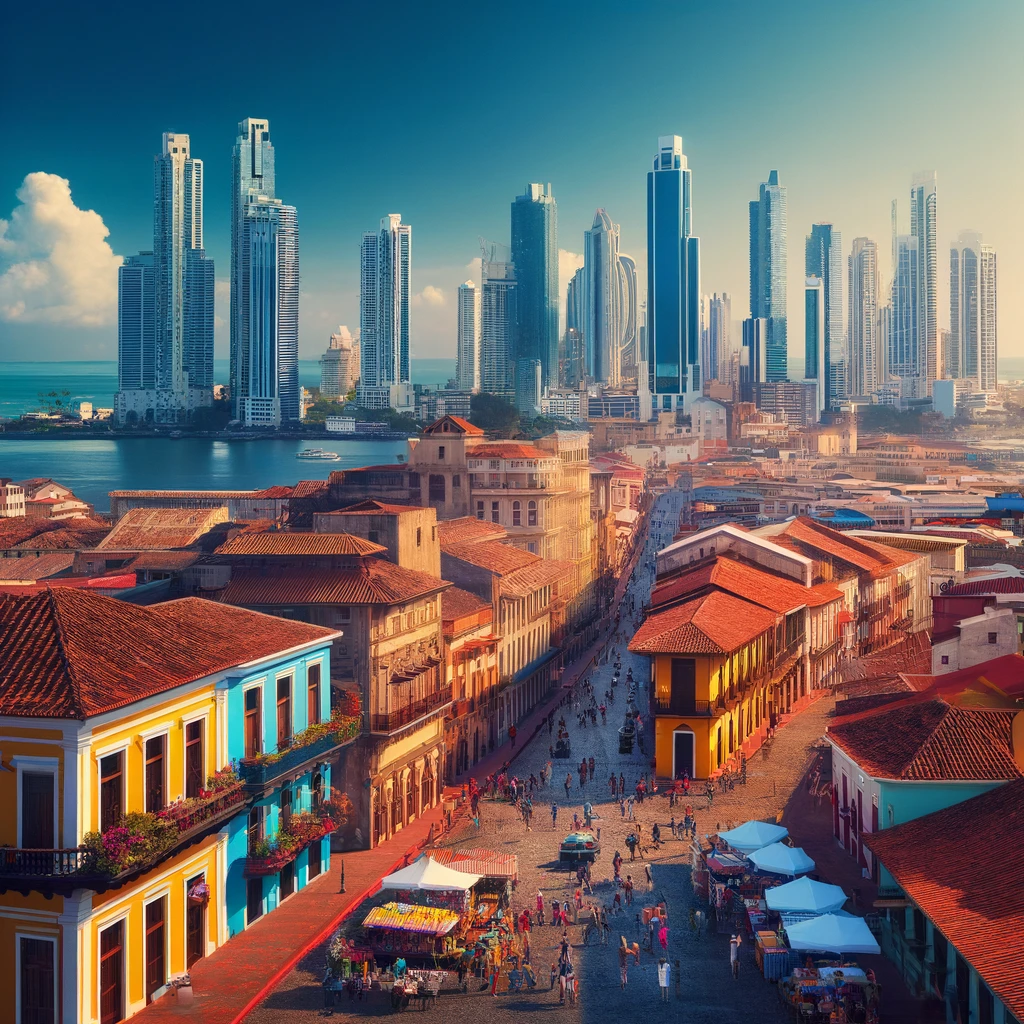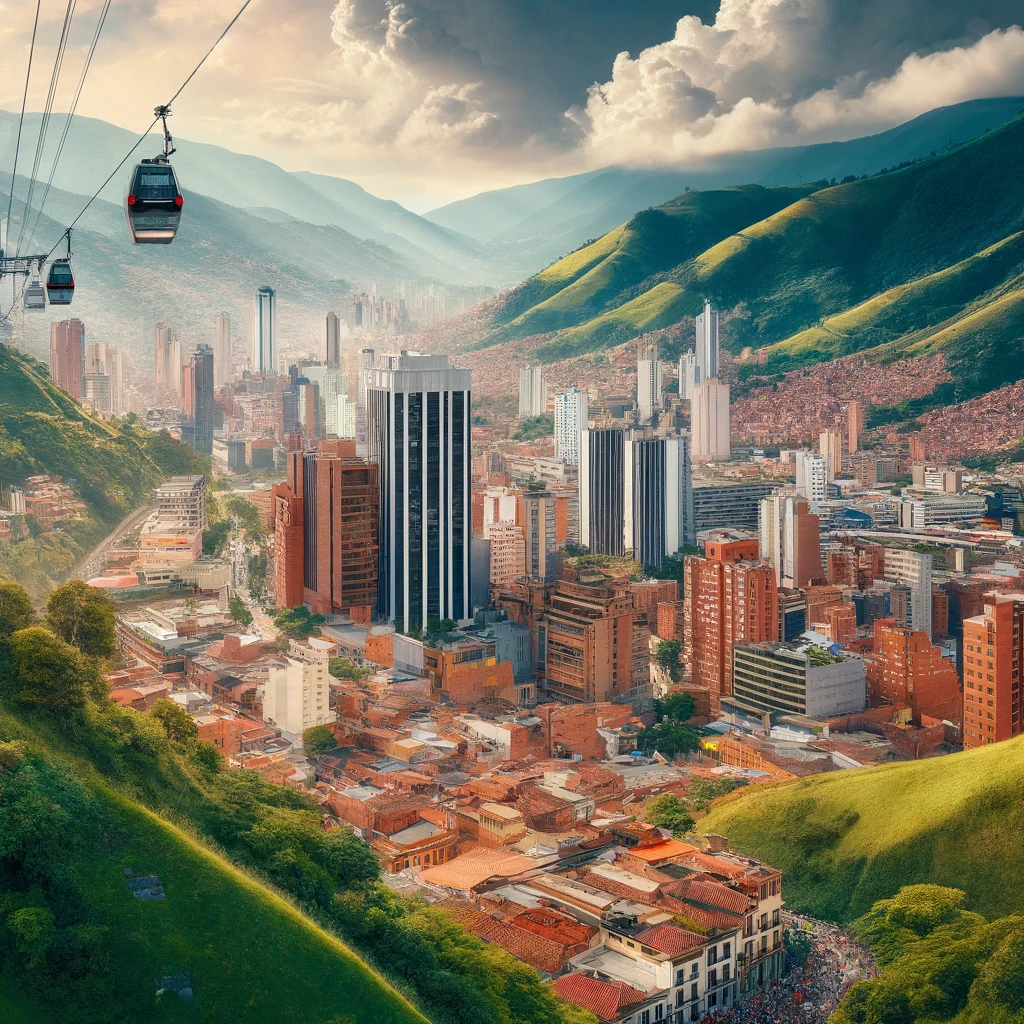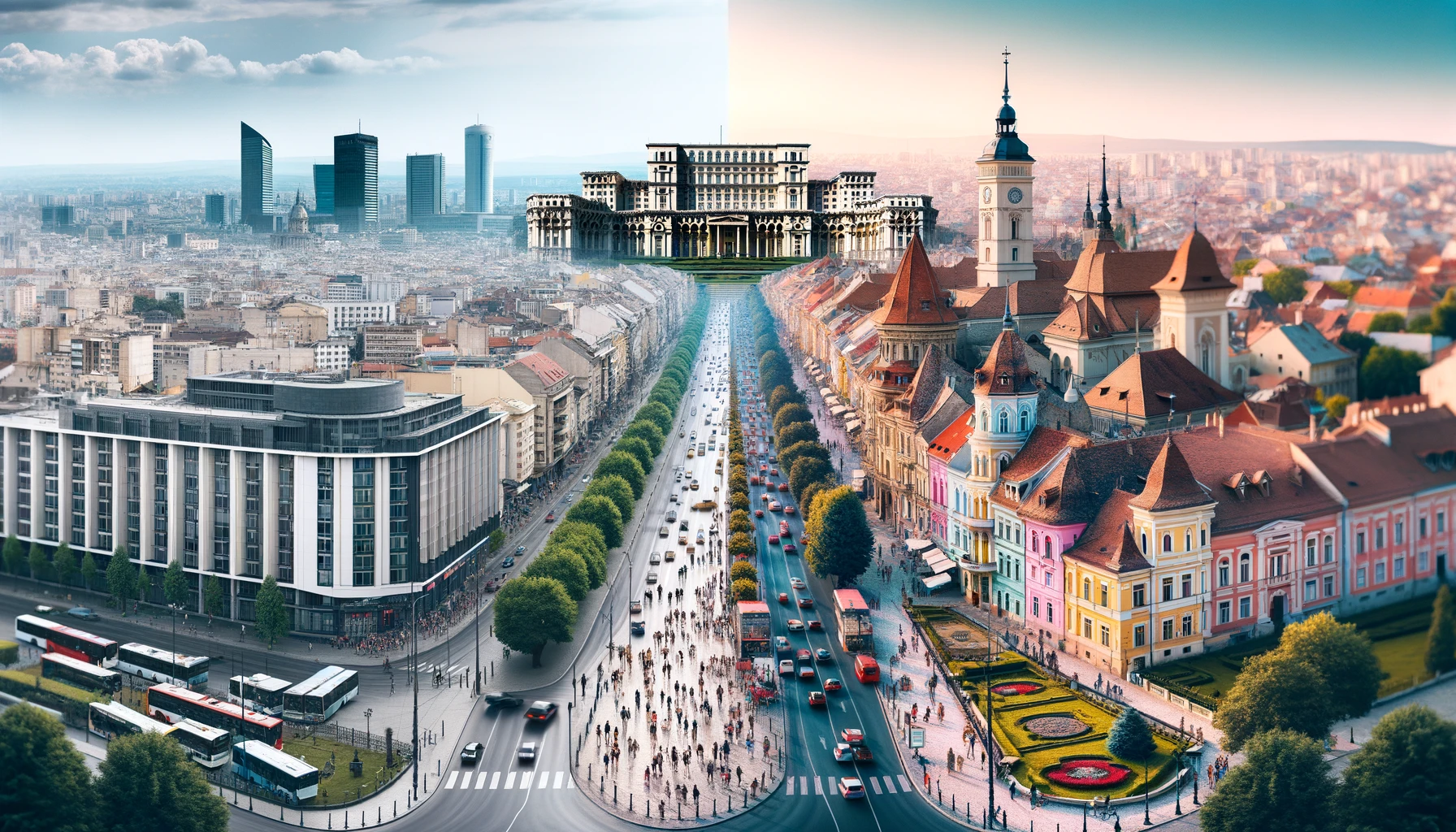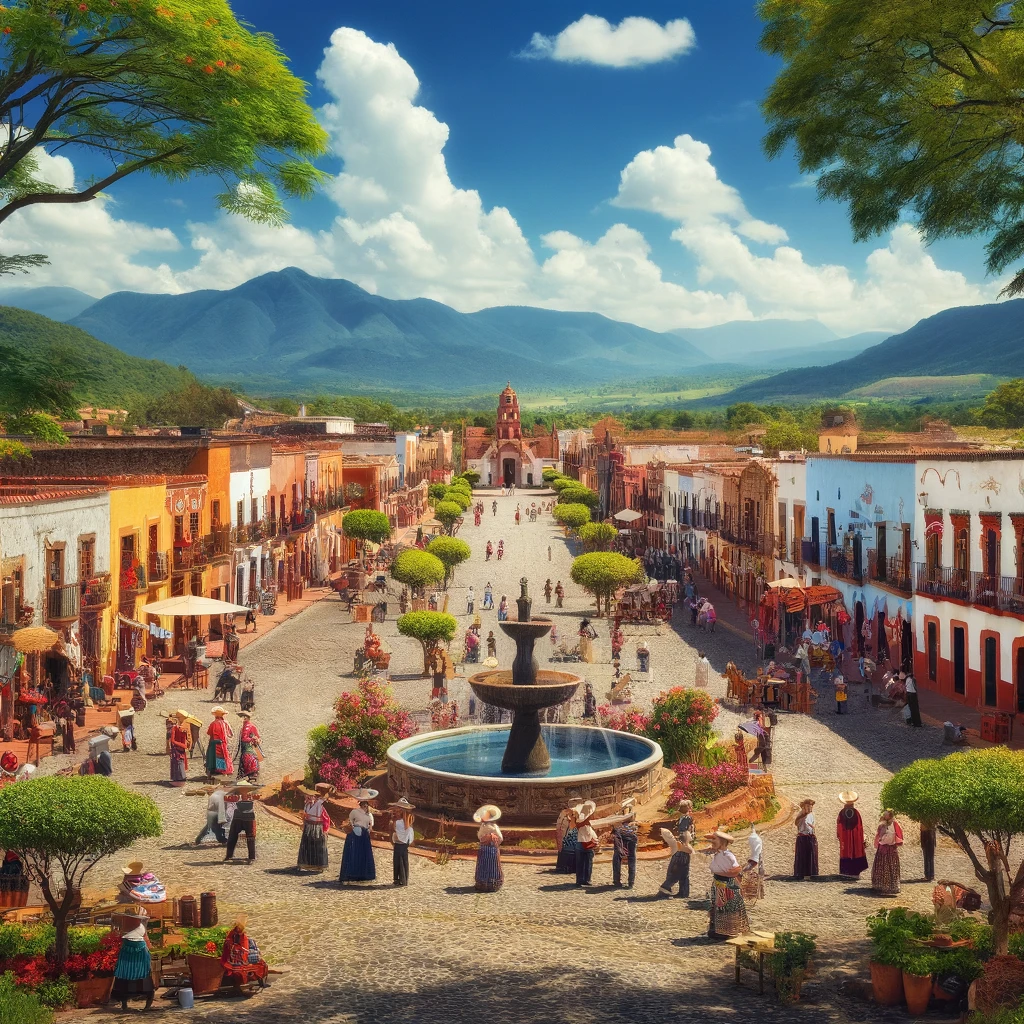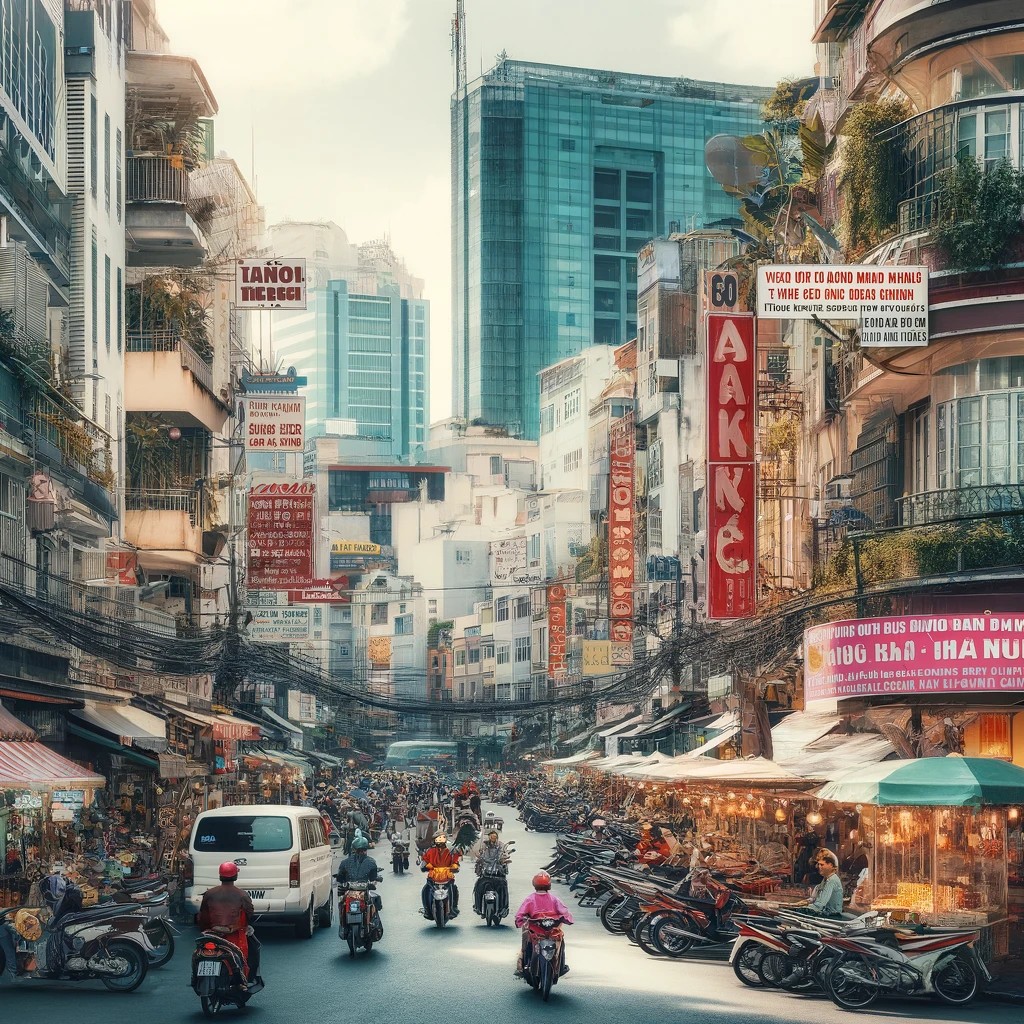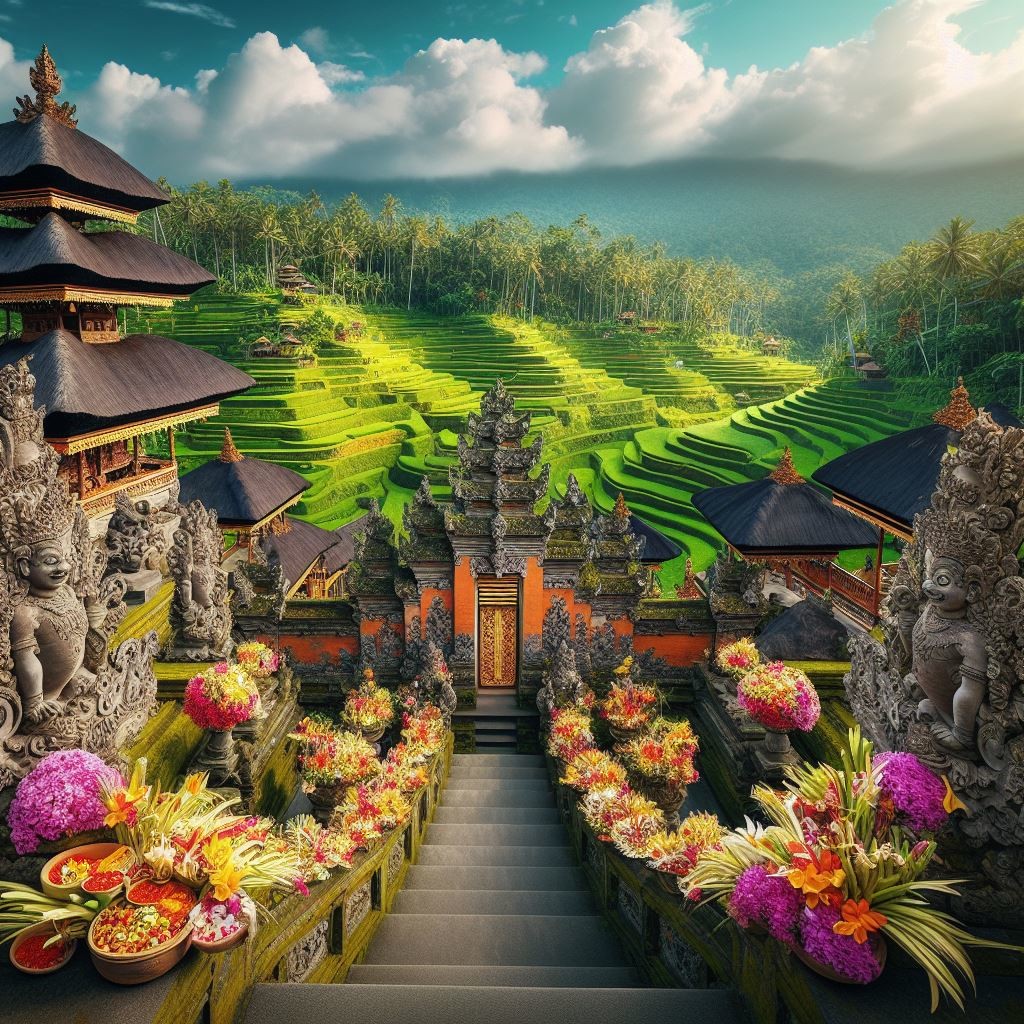Overview
Description:
Malaysia, a Southeast Asian gem, offers diverse landscapes, rich cultural heritage, and vibrant expat communities, making it an ideal destination for eco-conscious retirees. From the bustling cosmopolitan vibes of Kuala Lumpur to the tropical paradise of Langkawi, each location has its unique charm and lifestyle. Malaysia’s affordable living costs, friendly locals, and proximity to nature further enhance its appeal for retirees seeking a sustainable and comfortable lifestyle.
Eco Attractions:
- Kuala Lumpur: A bustling metropolis with green spaces like KLCC Park and the Forest Eco Park.
- Penang Island: Known for its beautiful beaches, sea views, and the UNESCO World Heritage Site of George Town.
- Langkawi: A tropical paradise with pristine beaches, mangroves, and eco-tourism activities.
- Johor Bahru: Offers a mix of urban living and natural attractions like Danga Bay.
- Melaka: Rich in history and culture, with a blend of colonial architecture and modern amenities.
- Ipoh: Famous for its limestone hills and caves, as well as hot springs and cultural heritage.
- Kota Kinabalu: Located in Sabah, known for its stunning scenery, Mount Kinabalu, and outdoor activities.
- Kuching: The capital of Sarawak, known for its cultural diversity, history, and proximity to Borneo’s rainforests.
Visa and Residency Options
Visa Requirements
Types of Visas:
- Tourist Visa: Allows stays up to 90 days.
- Malaysia My Second Home (MM2H) Visa: A long-term visa program ideal for retirees.
- Work and Business Visas: For those planning to start a business or work in Malaysia.
Application Process:
- Tourist Visa: Granted on arrival for most nationalities.
- MM2H Visa: Apply through the official MM2H website or licensed agents.
- Documentation and Eligibility: Passport, proof of income, fixed deposit, health insurance, and specific documents depending on the visa type.
Long-term Stay Permits
Extending Your Stay:
- Tourist Visa Extensions: Can be extended for up to 6 months.
- MM2H Visa: Offers a renewable 10-year visa with multiple entry.
Application Details:
- MM2H Visa: Requires proof of sufficient financial means, a fixed deposit in a Malaysian bank, and health insurance.
- Work and Business Visas: Require specific documentation related to employment or business investments.
Long-term Options:
- MM2H Visa: Ideal for retirees with stable income or pension.
- Work and Business Visas: For those planning to engage in professional activities in Malaysia.
Residency Options
Paths to Residency:
- MM2H Visa: Long-term visa with renewable options.
- Permanent Residency: Available through specific criteria, including investment, professional skills, and duration of stay.
Residency Requirements:
- MM2H Visa: Proof of income, fixed deposit, health insurance, and other supporting documents.
- Permanent Residency: Based on contributions to Malaysia’s economy, professional qualifications, or family ties.
Transitioning to Permanent Residency:
- Application Process: Submit through the Malaysian Immigration Department.
- Eligibility Criteria: Continuous long-term visa status and significant contributions to the country.
Living Conditions
Cost of Living:
- Accommodation: $300-$800/month for rentals.
- Food: $150-$300/month.
- Transportation: $20-$50/month.
- Currency: Malaysian Ringgit (MYR). $1 USD ≈ 4.5 MYR.
Infrastructure:
- Sustainable Housing: Growing availability in urban and rural areas.
- Internet Reliability: Excellent in major cities, variable in rural areas.
- Healthcare Facilities: High-quality and affordable, with eco-friendly options emerging.
Additional Details:
- Banking: Straightforward process for opening accounts.
- Tax Obligations: Residents are subject to Malaysian taxes.
- Business Registration: Encouraged, with incentives for sustainable enterprises.
Community and Networking
Community Overview:
- Eco-conscious Community: Active in both urban and rural areas.
- Expat Community: Significant presence in Kuala Lumpur, Penang, and Langkawi.
Networking Opportunities:
- Community Events: Regular eco-fairs, sustainability workshops, and conservation meet-ups.
- Social Platforms: Facebook groups, local forums, and eco-travel websites.
Eco-Friendly Activities and Attractions
Nature Reserves and Parks:
- Penang National Park: Offers diverse ecosystems, hiking trails, and wildlife watching.
- Taman Negara: Malaysia’s premier national park, home to rainforests, rivers, and rich biodiversity.
- Kinabalu Park: A UNESCO World Heritage site, known for Mount Kinabalu and diverse flora and fauna.
Guided Tours:
- Eco-friendly Transport: Options include electric vehicles, biking, and community-based tourism.
Wildlife Watching:
- Borneo Rainforests: Home to orangutans, pygmy elephants, and diverse bird species.
- Marine Life: Snorkeling and diving in Langkawi and the Perhentian Islands to see vibrant coral reefs.
Outdoor Activities:
- Hiking, Bird Watching, Kayaking, Biking: Widely available with eco-friendly operators.
Eco-Lodging:
- Recommended Accommodations: Include sustainable hotels and eco-lodges in key areas.
Organic and Farm-to-Table Dining:
- Dining Options: Many restaurants emphasize organic and local produce.
Environmental Initiatives
Conservation Programs:
- Marine Conservation: Efforts along the coastlines and islands to protect coral reefs and marine life.
- Rainforest Protection: Programs to maintain and restore rainforest habitats in Borneo and Peninsular Malaysia.
Volunteer Opportunities:
- Wildlife Conservation: Numerous opportunities in national parks and reserves.
- Environmental Clean-up: Community-driven projects in urban and coastal areas.
Sustainable Living Workshops:
- Workshops and Courses: Offered on permaculture, sustainable farming, and eco-building.
Community Gardens and Urban Farming:
- Urban Projects: Growing trend in cities like Kuala Lumpur and Penang.
Cultural Insights
Local Customs:
- Warm and Friendly: Malaysians are known for their hospitality.
- Multicultural Society: Blend of Malay, Chinese, Indian, and indigenous cultures.
Language Tips:
- Malay: Primary language, basic phrases useful.
- English: Widely spoken, especially in urban areas.
Safety and Laws:
- Generally Safe: But usual precautions are advised.
- Environmental Laws: Regulations to protect natural areas are in place.
Do’s and Don’ts:
- Do: Respect local customs and nature.
- Don’t: Engage in activities that harm the environment.
Summary
Pros:
- Diverse landscapes and rich cultural heritage.
- Affordable cost of living.
- High-quality healthcare and infrastructure.
- Vibrant eco-conscious and expat communities.
Cons:
- Variable internet reliability in rural regions.
- Bureaucratic processes for visas and residency.
Key Reasons:
- Ideal for nature lovers and conservation enthusiasts.
- Numerous eco-friendly living options.
- Engaged community and ample volunteer opportunities.
Useful Contacts and Resources
Embassies and Consulates:
Local Government and Services:
Essential Services:
Emergency phone numbers:
- General Emergency: 999
- Police: 999
- Fire Department: 994
- Medical Emergency: 999
![Romania - Tiny house - [ Minimalist Retreats ] - Design Collectibles & Angel Membership (V1)](https://ihome.org/wp-content/uploads/2024/06/Slide19-300x300.jpg)



![Australia - Tiny house - [ Minimalist Retreats ] - Design Collectibles & Angel Membership (V1) (Copy)](https://ihome.org/wp-content/uploads/2024/06/Slide21-300x300.jpg)
